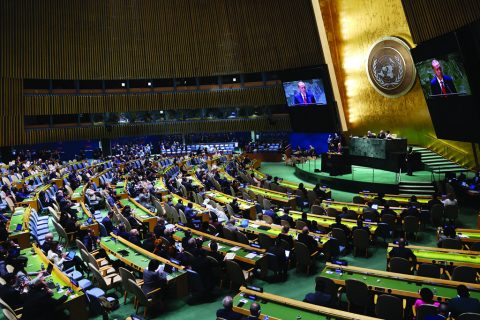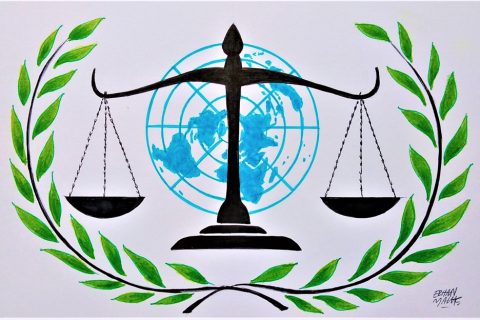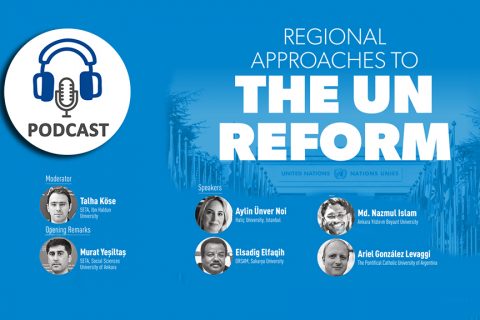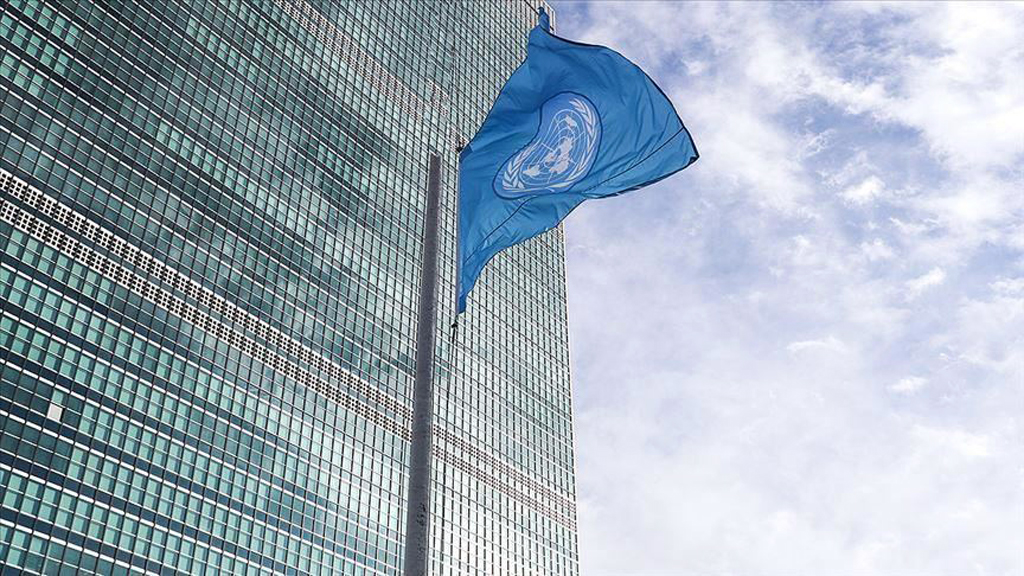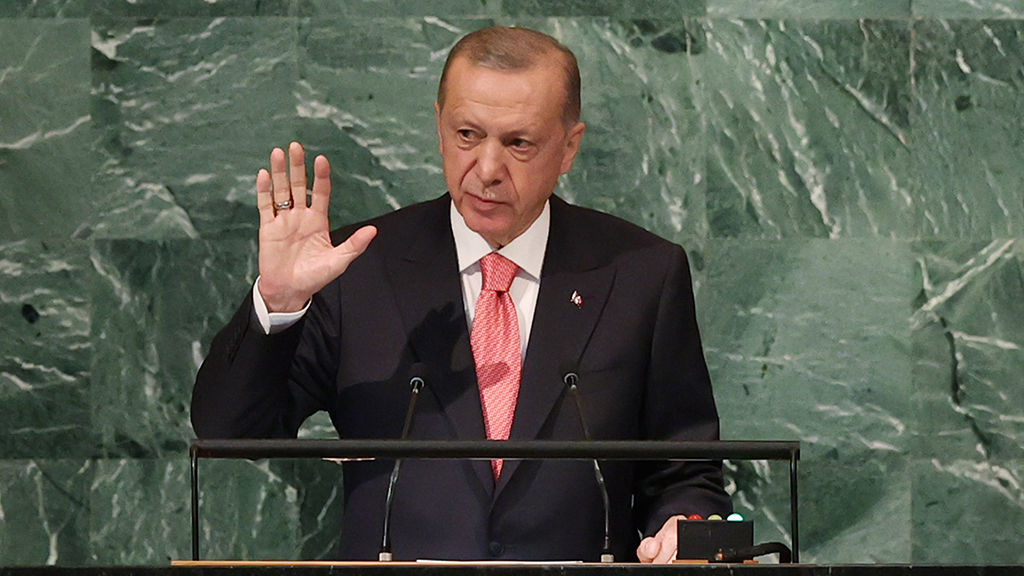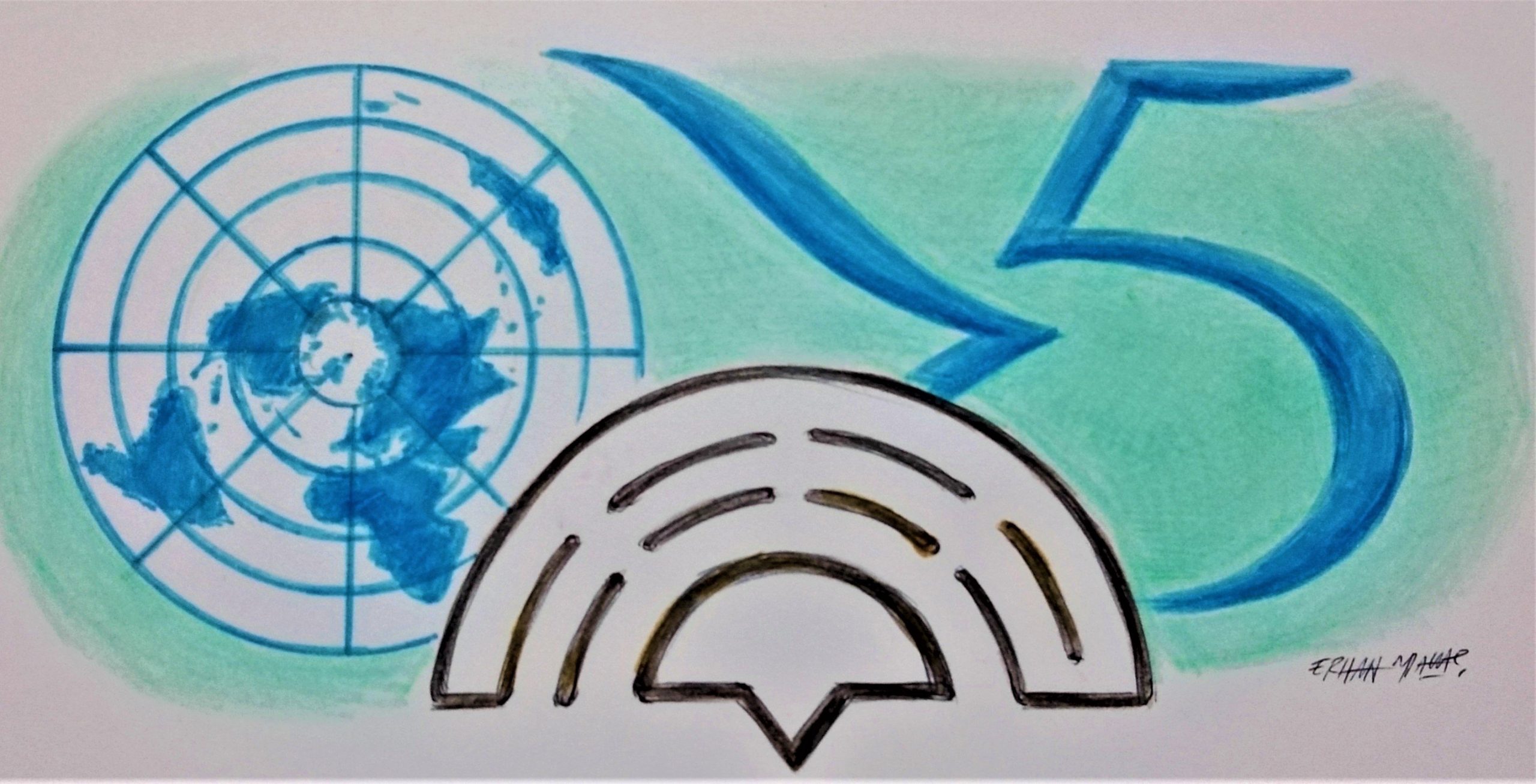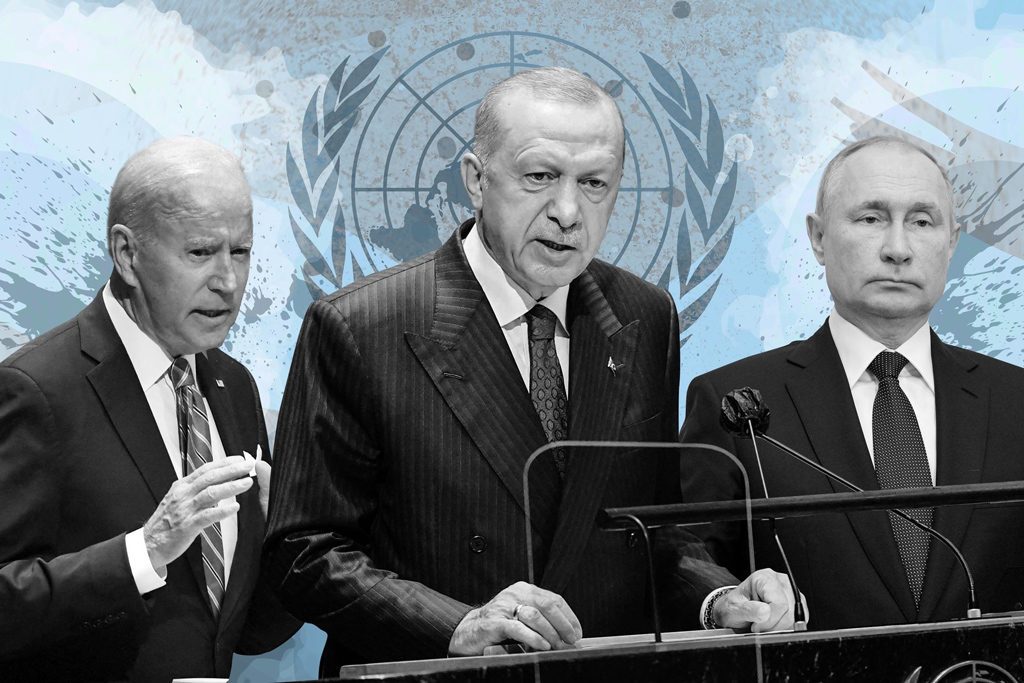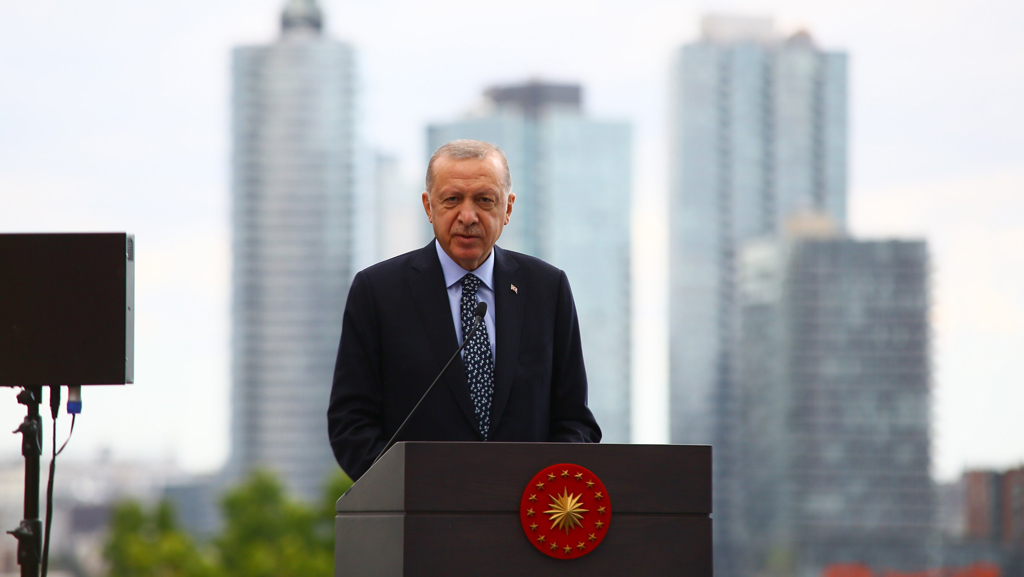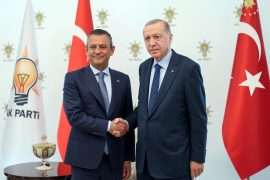The World Is Bigger Than Five
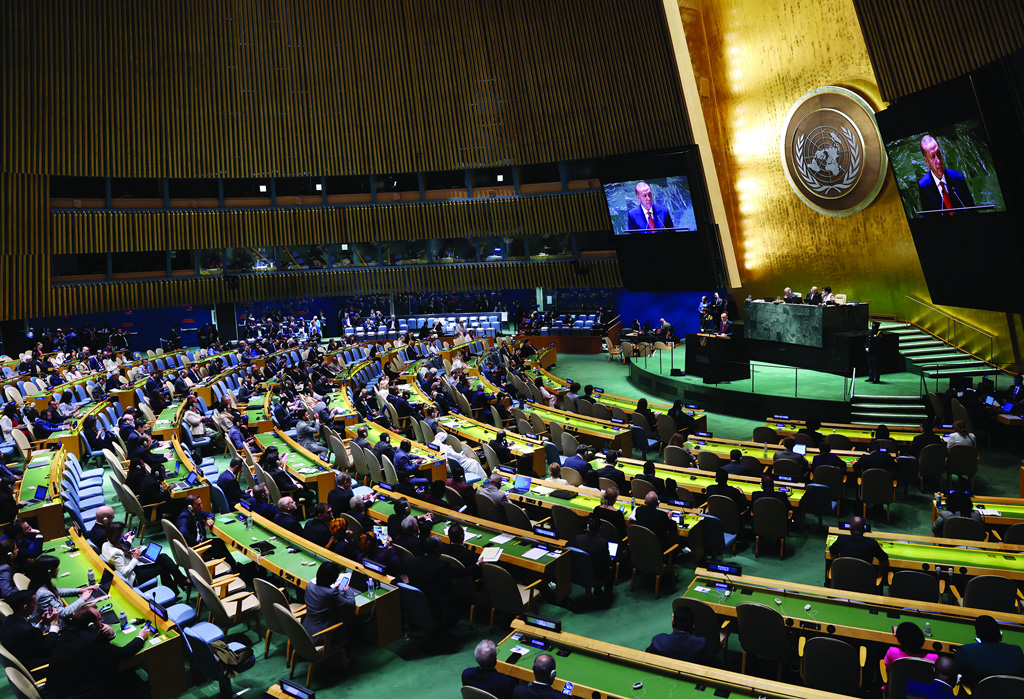
Re-Defining Türkiye’s International Relations: Two Decades of 360° Foreign Policies
| OpinionIntroduction Should the public have a say in, or at least an interest in, …
-
Opinion
Re-Defining Türkiye’s International Relations: Two Decades of 360° Foreign Policies
By Klaus JurgensAnalyzing modern Türkiye’s foreign policy is the perfect case study of how, over time, a nation-state can completely restructure its approach to engaging with the outside world. Yet this analysis does not aim to propose an extended or complete listing of individual countries’ relations; on the contrary, it basically tries to suggest what was the catalyst when measurable change occurred for the first time. In brief, Türkiye progressed from promoting splendid isolation during the past millennium to becoming a fully integrated and often trend-setting international actor in just over two decades. Hence, determining the actual catalyst for change, which according to the author is not just an election victory but also a much more profound paradigm shift in elected officials’ attitudes towards the wider world, is this contribution’s major aim. After discussing the analytical differences between international relations on the one hand and foreign policies on the other and focusing on the electorate as a key contributor and beneficiary of and from proactive foreign policies, the piece proposes a number of key examples to come up with a tangible way to measure foreign policy success. At the same time, the question is put forward in which context there might be even more to expect from Ankara and its constant desire to further expand on an already impressively positive global image. Whether or not foreign policies are an integral part of Türkiye’s 100-year strategy and thus become a focus of Türkiye the Brand serves as the concluding reflection.
-
Opinion
Erdoğan’s diplomatic expertise left its mark on New York
By Burhanettin DuranI am in New York City, where the heart of diplomacy is beating, with President Recep Tayyip Erdoğan for the 78th Session of the United Nations General Assembly. This year’s general debate theme, which takes place after the BRICS (Brazil, Russia, India, China and South Africa) expansion and the G-20 summit in New Delhi, India, will be “rebuilding trust and reigniting global solidarity.”
-
Foreign Policy
Podcast: Regional Approaches to the UN Reform
By SETARegional Approaches to the UN Reform
Bu Konuda Daha Fazla
-
Reforming the UN in the era of great power...
By Murat YeşiltaşIn a world marked by escalating global power struggles and growing uncertainty, the United Nations, as the foremost international organization, will once again take center stage at the upcoming General Assembly. Unsurprisingly, Russian President Vladimir Putin and Chinese President Xi Jinping will abstain from attending, as has been their custom during the annual New York gathering each September.
-
Reforming the United Nations and Türkiye’s Approach
By Yücel AcerThe ongoing reform efforts have made some modest achievements but have so far failed on major issues, such as reforming the Security Council in terms of membership and voting. Türkiye feels obliged to participate in discussions and contribute to reform efforts and proposals toward better global governance.
-
A new paradigm in diplomacy
By Burhanettin DuranThe world may not be ready for the new paradigm in diplomacy proposed by Erdoğan, but it needs to be to ensure a better future
-
Erdoğan’s US and Russia messages after UN visit
By Burhanettin DuranWashington’s perspective on Ankara is no longer plagued by excessive tensions either. It would seem that the Afghanistan talks and Turkey’s efforts to normalize ties with Egypt and the United Arab Emirates (UAE) made a positive impact on the atmosphere. Yet the state of idleness and deadlock, which Erdoğan mentioned, won’t change in the absence of fresh attempts to foster bilateral cooperation.
-
Transformation in global system and Erdoğan’s UN visit
By Burhanettin DuranErdoğan’s call for justice is addressed to all of humanity. His emphasis on values in this chaotic universe of vested interests attests to that fact.
